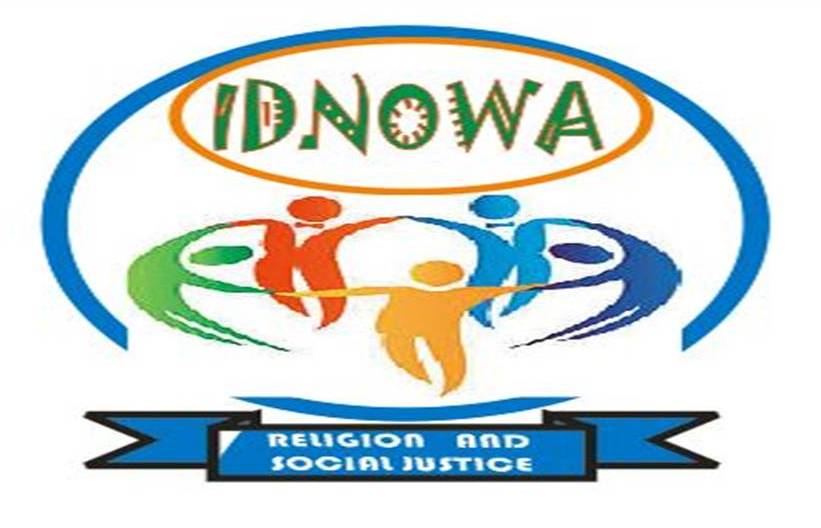Peter Okeugo, Lagos
On December 4 through December 9 2017, The 19th International Conference on AIDS and STIs in Africa (ICASA), one of the major international AIDS conferences took place in Abidjan, Côte d’Ivoire. The conference, tagged “Africa: Ending AIDS – delivering differently,” highlighted the diverse nature of the African region’s HIV epidemic and the unique response to it.
It convened over 10,000 delegates from nearly 150 countries, including 200 journalists, brought together participants and the general public which included those working in the field of HIV, as well as leaders, people living with HIV and others committed to ending the epidemic. The conference also afforded them a tremendous opportunity to interact on NGOs and government activities throughout the conference on the Main Stage. Researchers from around the world shared the latest scientific advances in the field and developed strategies for advancing all facets of the collective efforts to treat and prevent HIV.
To support the conference goals and activities, The Executive Director, Interfaith Diversity Network of West Africa (IDNoWA), Davis Mac-Iyalla, commended the roles played by development partners and countries in the fight against HIV/AIDS.
He also addressed the heads of government through a statement issued by him on behalf of the Network, explaining how faith-based groups can help eradicate HIV in Africa.
The statement read in part, “We the members of Interfaith Diversity Network of West Africa attending the 19th Session of the ICASA conference in Cote D’ivoire sincerely wish to thank African governments for their commitment towards ending HIV and AIDS in Africa. We thank the government of Cote D’voire for hosting the conference successfully. We also thank our governments for the opportunity to connect activists, HIV experts and those infected and affected by HIV to learn and share.”
Outlining the critical roles faith-based groups can play if HIV was to become history in Africa, he wrote, “There is an urgent need to support the role of faith-based groups and individuals in the planning and implementation of HIV and AIDS interventions in our countries to ensure uptake by service recipients. There are myths and stereotypes around HIV and the mode of infection – the role of faith-based groups who have large followership is critical in demystifying this situation, especially in the fight to end new HIV infections.
“Faith-based groups have a critical role to play in supporting HIV programming, including condom promotion, integration of HIV services as well as Sexual and Reproductive Health and Rights Services.
“There should be collaborations between faith-based agencies and governments towards ending stigma and discrimination which fuels non-disclosure and poor service uptake. Governments should partner with faith-based groups to end all forms of compulsory HIV testing as required by some faith-based groups.
Faith-based groups have a role to play in demanding removal of barriers such as punitive laws that affect uptake of HIV/AIDS services. Faith-based groups have a role to play in ensuring that quality and people-friendly services are provided in a conducive and non-judgmental environment.”
While concluding his statement, he enjoined relevant government agencies to ensure robust involvement of faith-based groups to understand the various means of contracting HIV while promoting messages of love and peace amongst faith-based groups and individuals around the West Africa sub-region.
IDNoWA is a regional network of activists, faith-based individuals and advocates working for inclusion of diverse persons to create a world governed by respect and dignity. The network continuously seeks a day where all persons irrespective of religious beliefs become great allies in the quest for a safe and free society for all humans.
The ICASA is a biennial event which alternates between Anglophone and Francophone African countries.


